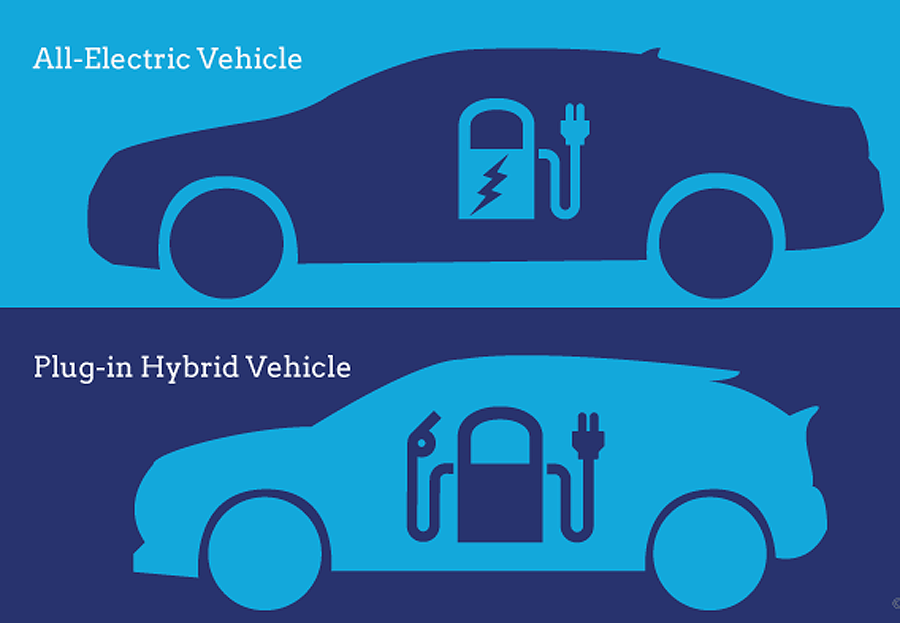Difference Between Electric and Hybrid Hehicles
Electric vehicles (EVs) and hybrid vehicles (HEVs) are both types of vehicles that use electric motors to power the wheels, but they operate differently and have different characteristics:
Power Source: EVs rely solely on electricity stored in their batteries for power, while HEVs have both an electric motor and an internal combustion engine (ICE) that work together to power the wheels.
Range: EVs typically have a shorter range than HEVs because they rely entirely on their batteries for power. HEVs can travel further because they can switch to using gasoline or diesel fuel when the battery is depleted.
Fuel Efficiency: EVs are more fuel-efficient than HEVs because they don't use gasoline or diesel fuel. However, the fuel efficiency of an HEV is typically better than that of a traditional gasoline or diesel-powered vehicle.
Charging: EVs need to be plugged in and charged from an external power source, while HEVs do not require external charging because they can charge their batteries through regenerative braking and ICE.
Performance: EVs typically have better acceleration and a smoother, quieter ride than HEVs because electric motors provide instant torque and require less maintenance than ICEs.
Cost: EVs are generally more expensive than HEVs because of the cost of their batteries and electric drivetrain components. However, they have lower operating costs over time due to lower fuel and maintenance costs.





Post a Comment